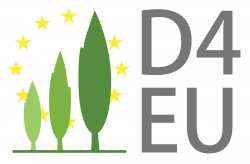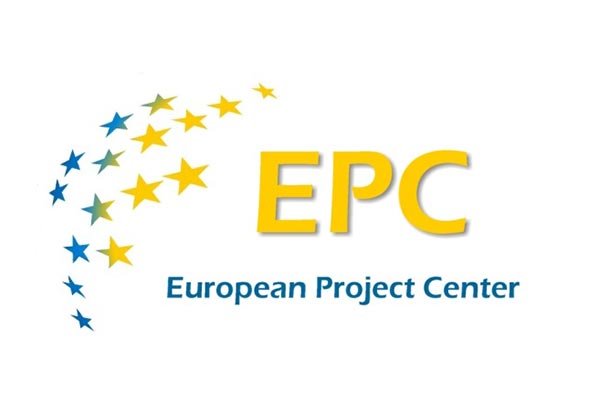
Nürnberger Str. 31A, 01187 Dresden
+49 351 463-36025

Pienner Straße 23; 01737 Tharandt
+49 35203 38-31811
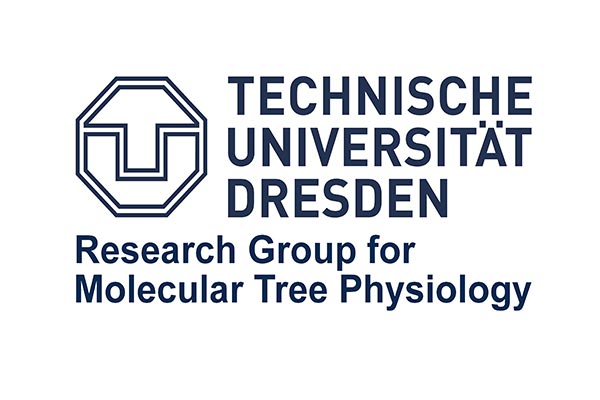
Pienner Straße 7, 01737 Tharandt
+49 35203 38-31202
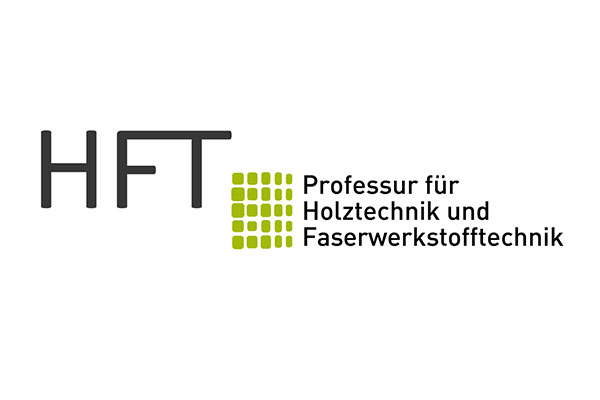
Marschnerstraße 39, 01307 Dresden-Johannstadt
+49 351 463-38101

Pienner Straße 19, 01737 Tharandt
+49 351 463-31307

Pienner Str. 19, 01737 Tharandt
+49 351 463-31239
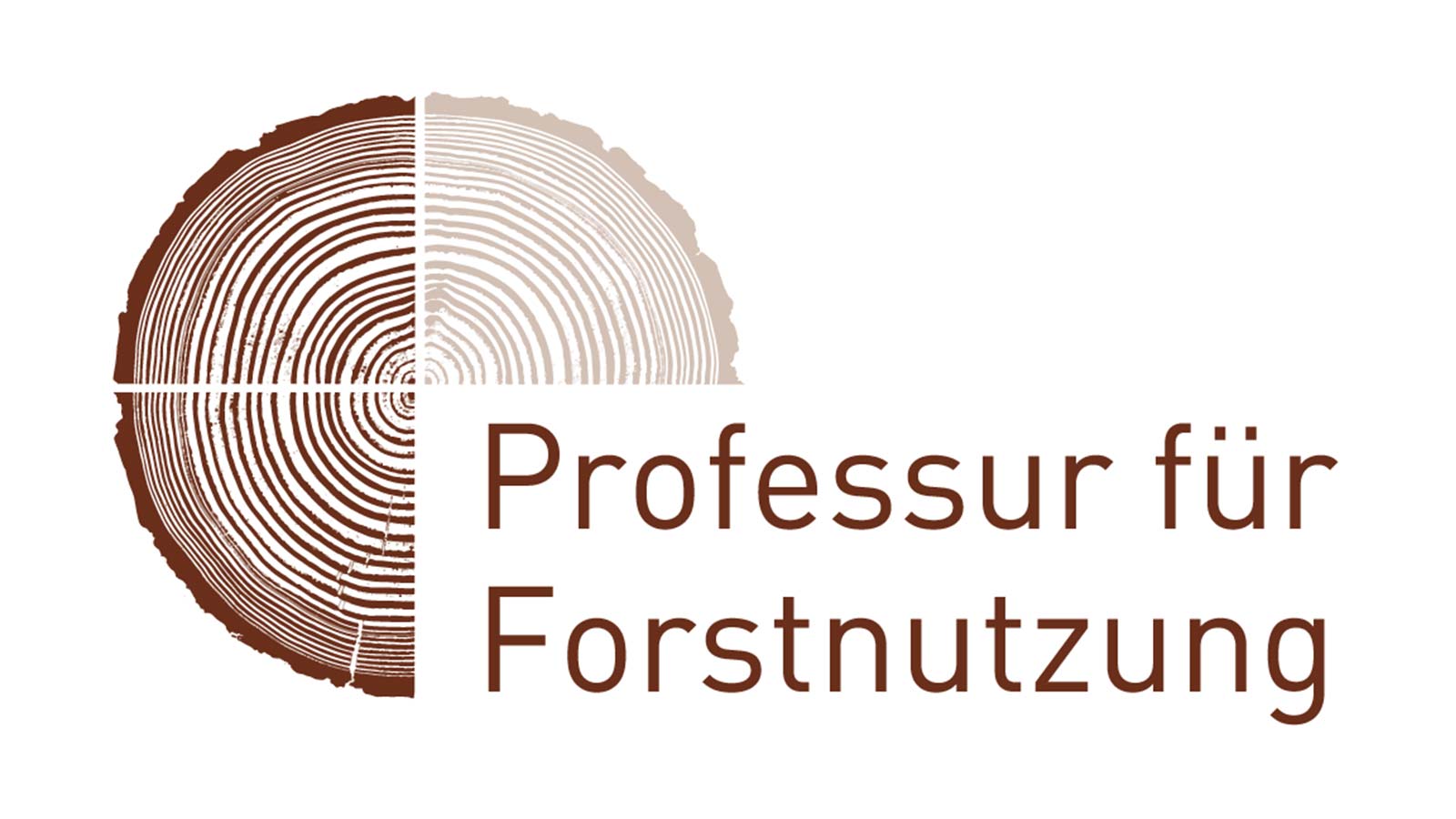
Pienner Str. 19, 01737 Tharandt
+49 35203 383-1315
